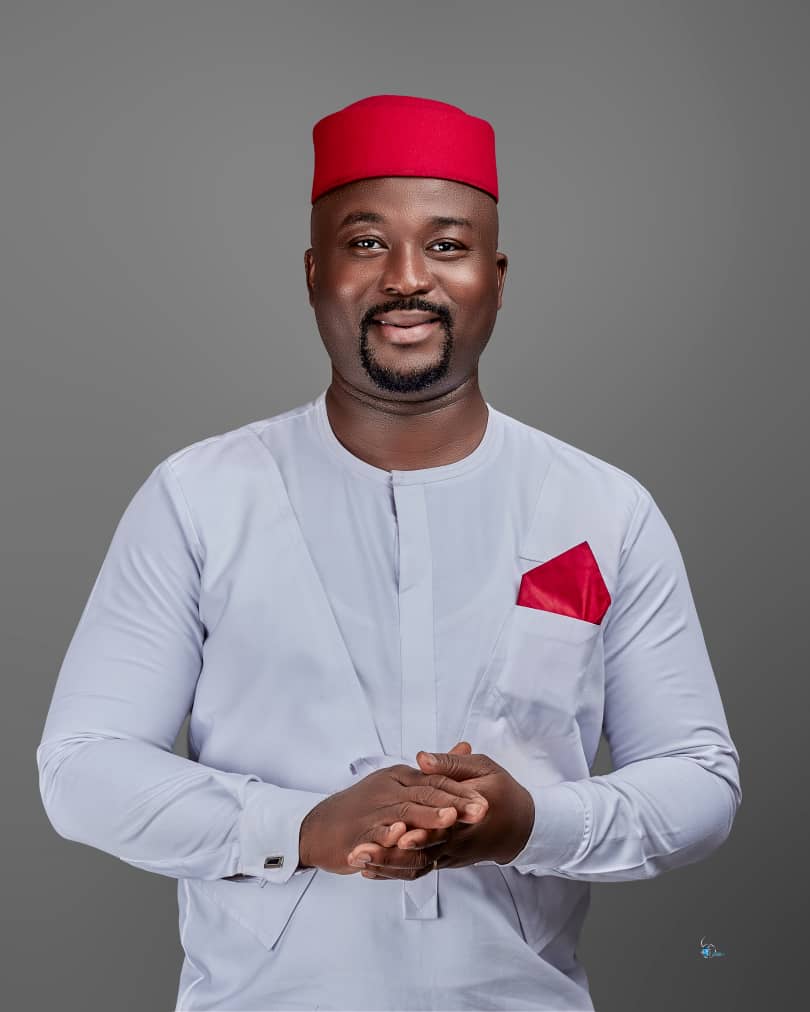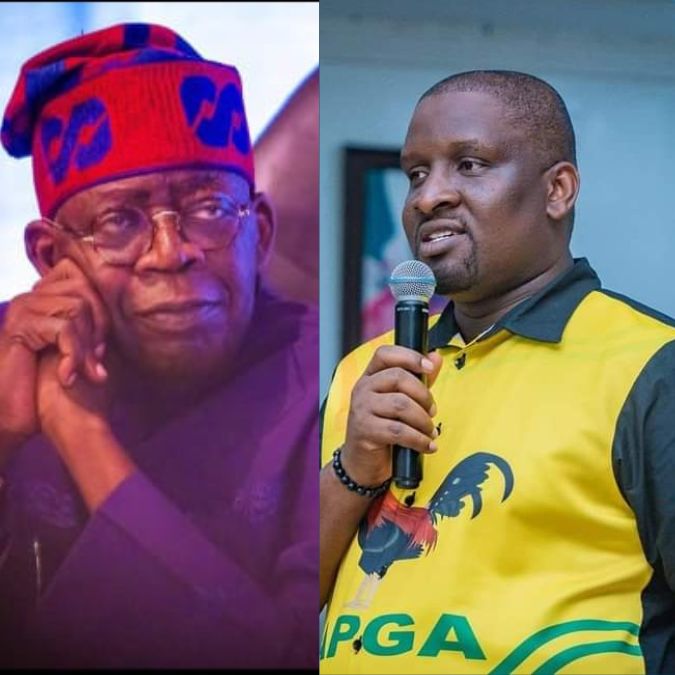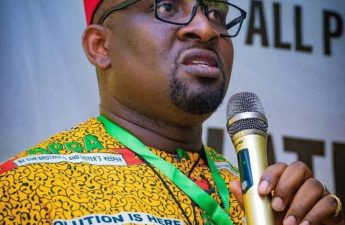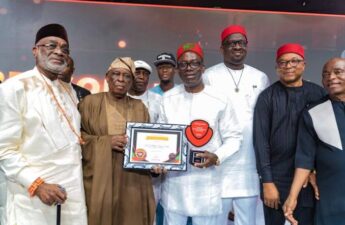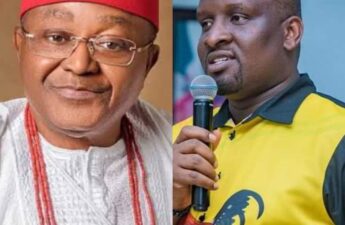CUPP and the stands on the declaration of a state of emergency in Rivers State by President Bola Tinubu, – Written by Nduka Anyanwu, SA- Media to The APGA National Chairman.
The declaration of a state of emergency in Rivers State by President Bola Tinubu has sparked intense controversy and criticism from various political parties and stakeholders. The Coalition of United Political Parties (CUPP) which APGA is part of has described the move as a “dangerous precedent” for Nigeria’s democracy, while the Peoples Democratic Party (PDP) has rejected the declaration, stating that the president has no power to suspend a democratically elected governor.
At the heart of the controversy is the suspension of Governor Siminalayi Fubara, his deputy, and all elected members of the state House of Assembly for an initial period of six months. President Tinubu has appointed a former Chief of Naval Staff, Admiral Ibokette Ibas (retd.), as the administrator to oversee the state during the emergency rule.
Critics argue that the declaration of a state of emergency in Rivers State is a selective application of the decree, as other states facing similar or worse security challenges have not received the same treatment. The CUPP National Secretary, Peter Ameh, has questioned the motivations behind the decision, suggesting that it may be politically motivated.
Former Deputy National Chairman of the PDP, Bode George, has strongly criticized President Tinubu’s action, describing it as “absolute Armageddon” and a “total disrespect for constituted authority.” George has accused Tinubu of giving Interior Minister Wike military and security
forces to create instability in the state.
Though in contrast, the All Progressives Congress (APC) has welcomed the development, with National Secretary Ajibola Basiru expressing hope that the emergency would help restore peace and order in the troubled oil-producing state.
The declaration of a state of emergency in Rivers State has raised important questions about the limits of presidential power, the role of the military in civilian affairs, and the impact on democracy and governance in Nigeria. As the situation unfolds, it is essential to monitor developments closely and ensure that the rights of citizens are protected.
